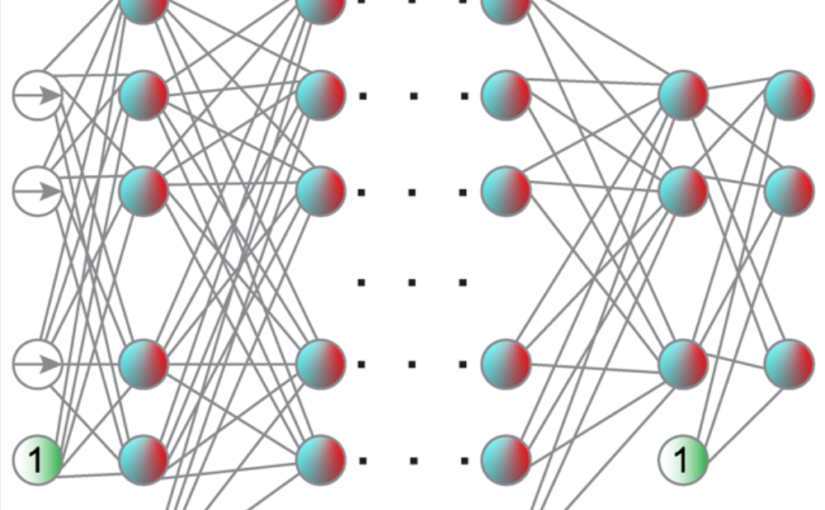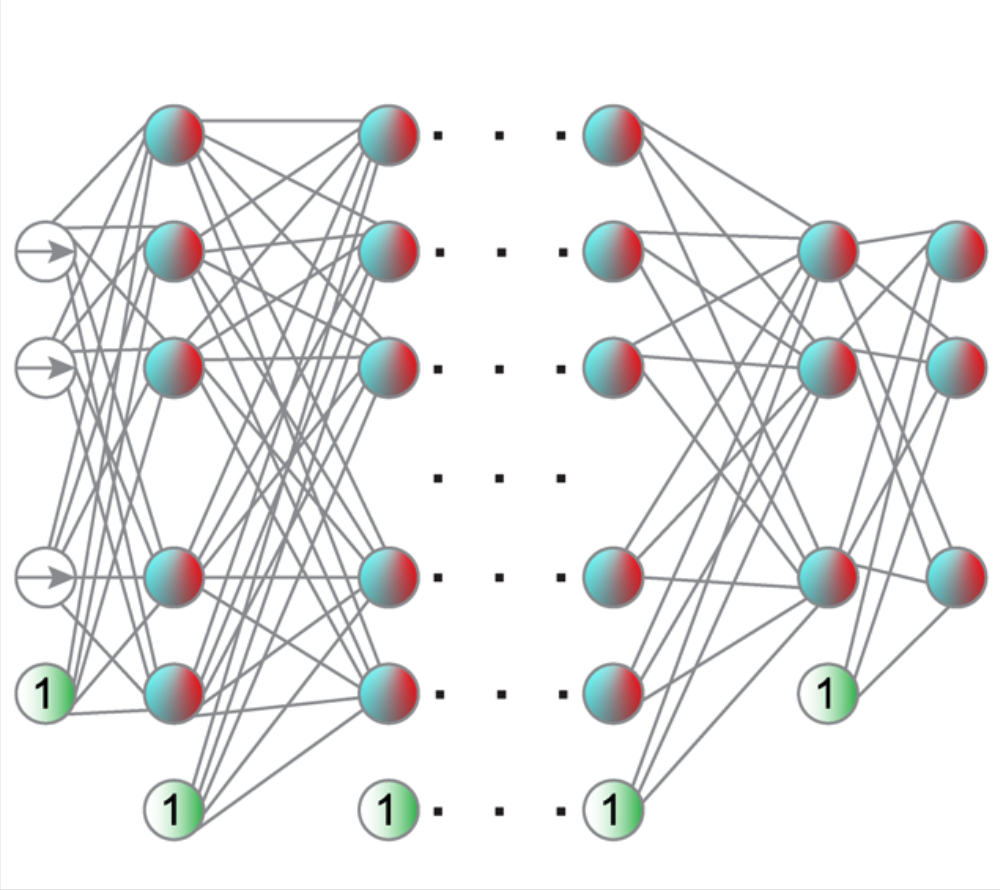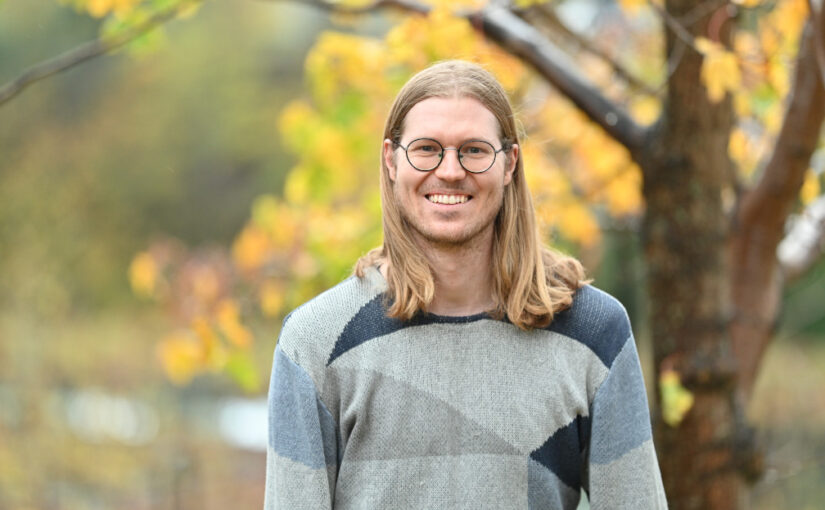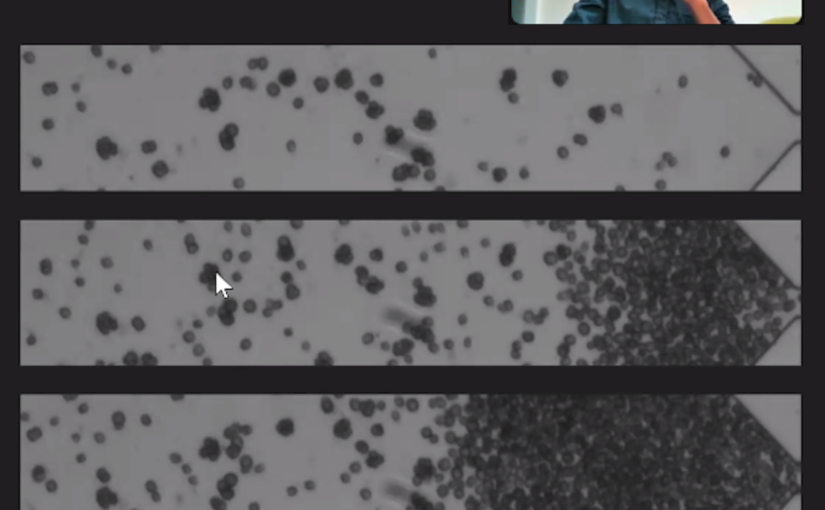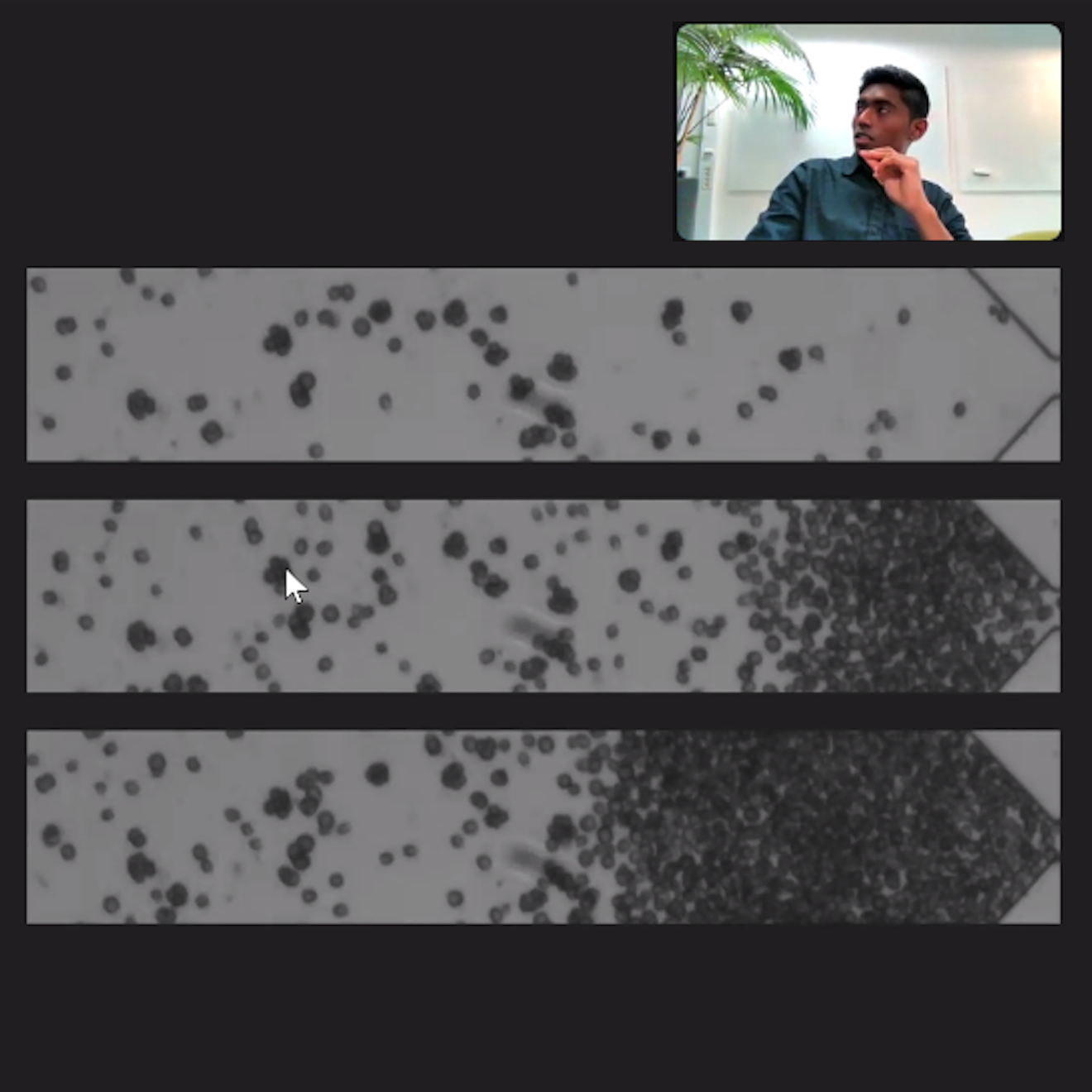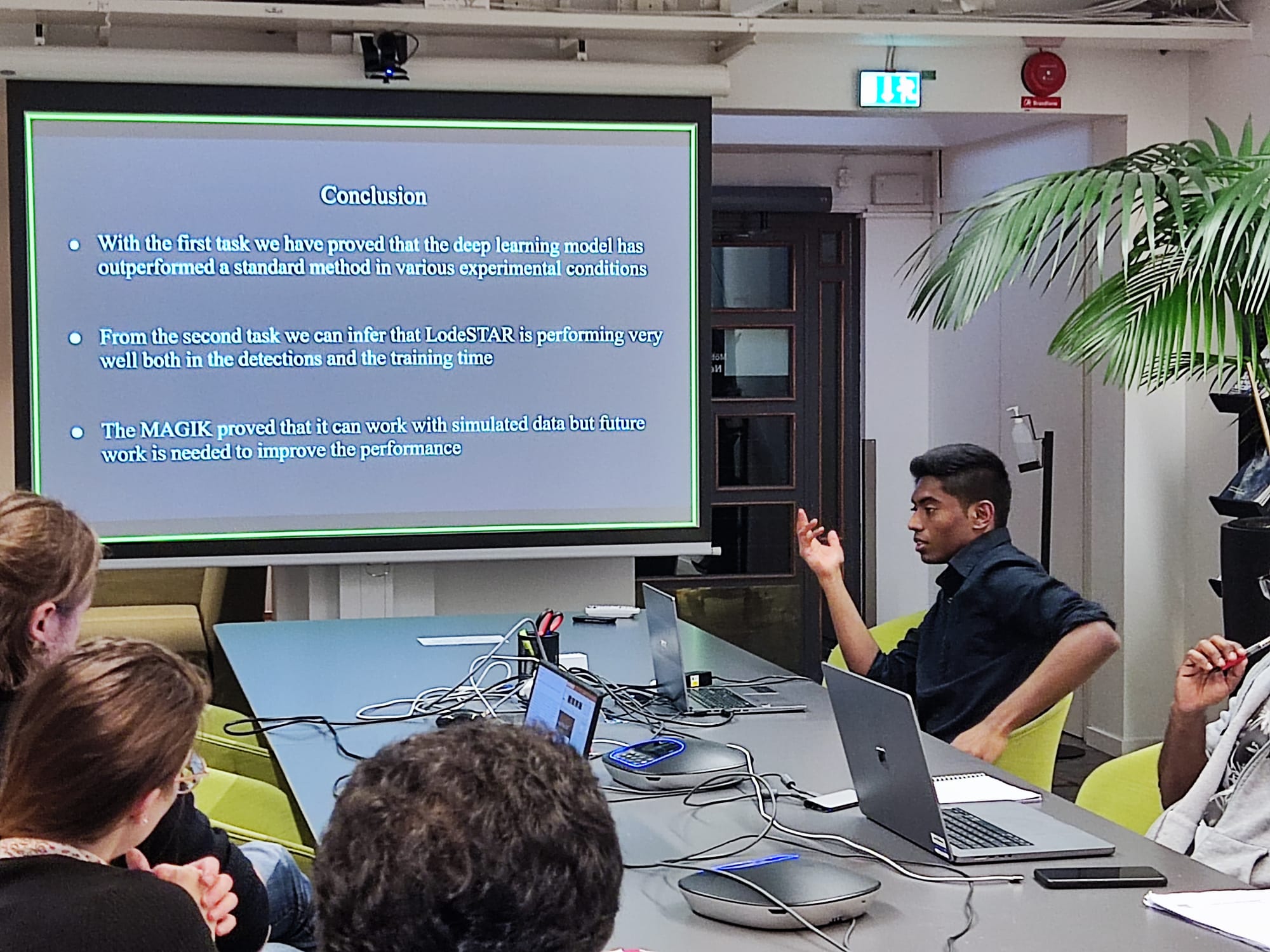Jesper Boberg and Anders Segerlund will defend their Master thesis in MPCAS at the Chalmers University of Technology on 14 June 2022 at 16:00.
Title: Early detection of rare evens: Predicting battery cell deviations.
Abstract:
Despite rigorous quality control in battery cell production, the production process is still subject to quality deviations. These quality deviations; known as “rare events” initially act as inherent passive quality deviations and may not affect the performance of the battery. Yet, a passive quality deviation can transition into an active quality deviation that give rise to behavioral deviations in the battery cell at some point during the battery’s lifetime. An active quality deviation may cause the entire battery to misbehave and eventually fail. This thesis investigates the possibility of predicting these cell deviations in car batteries. Better predictions of these events would avoid expensive and troublesome car failures and instead enable preventive car maintenance to solve the problem.
In this thesis different models have been created and evaluated with the aim of preventing these deviations. The dataset is supplied by Volvo Cars and contains a large amount of data collected from BEV cars where the arguably largest challenge comes from the imbalance of the dataset. In addition to the modelling, the thesis will include a thorough data analysis with the aim of improving both the dataset itself and the data collection process at Volvo Cars.
These deviations occur extremely rarely which also makes a relatively large amount of false positives difficult to avoid. The results show that a quite simple time series model can catch these deviations well but also brings along a large amount of false positives. A recurrent neural network was able to improve this significantly, still being able to catch the deviations while producing a lot fewer false positives.
Name of the master programme: MPALG – Computer Science: Algorithms, Languages, and Logic, MPCAS – Complex Adaptive Systems
Examiner: Giovanni Volpe
Supervisor: Herman Johnsson (Volvo Cars)
Opponent: Jonathan Stålberg and Josef Gullholm5
Place: Nexus
Time: 14 June, 2022, 16:00
